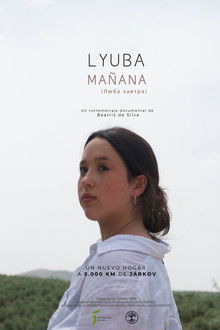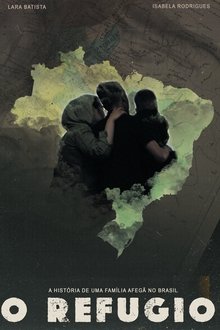After an attempt to bring Syrian refugees into the predominately white New England town of Rutland, Vermont, unleashes deep partisan rancor, a longtime Rutland resident emerges as an unexpected leader in a town divided by class, cultural values, and divisive politics.
Related Movies

Corporate Accountability (2020)
Images of Argentinian companies and factories in the first light of day, seen from the inside of a car, while the director reads out documents in voiceover that reveals the collusion of the same concerns in the military dictatorship’s terror.
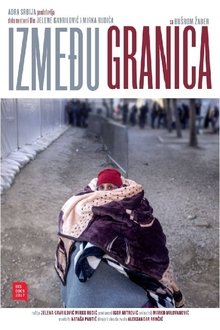
Between Borders (2017)
The film follows the refugee crisis in 2015 and 2016 from the perspective of a young Lebanese woman, Boushra Jaber. She came to Serbia in 2015 to work on her PhD. Driven by a deep desire to help she started working as an Arabic translator in a refugee camp in Presevo, on the Serbian-Macedonian border. During her three months in the field, Boushra faced personal and professional challenges that put her beliefs to the test.

Mr. Gay Syria (2018)
In focusing his attention on the competitors of Mr Gay Syria, director Ayse Toprak shatters the one-dimensional meaning of “refugee”. Using the pageant as a means of escape from political persecution, the organiser Mahmoud — already given asylum in Berlin — hopes to offer the winner a chance to travel as well as bring international attention to the life-threatening situations faced by LGBT Syrians.
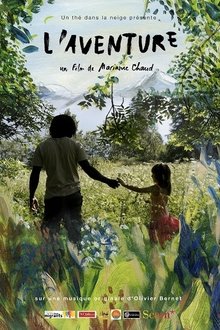
L'Aventure (2021)
In the Briançonnais mountains, in France, men and women on the roads of exile find the courage to cross the passes on foot, risking their lives. Arrived at the end of a long journey, exhausted, they do not know if they could settle down somewhere to start their life over. It is this transitional time that "The Adventure" tells. Ossoul, the Sudanese poet, Mamadou, survivor of an icy night at the Col de l'Échelle, Charlotte, Mother Courage and others are gradually getting back on their feet and settling to embark on a new life. Filmed over three years, "L'Aventure" is a story of resilience, friendships and revealed emotions. The portraits are drawn and deepened until everyone can recognize themselves in the other, put themselves in their place and understand them.

Warehoused (2017)
An estimated 12 million people live in refugee camps worldwide and only 0.1% are resettled, repatriated, or integrated into normal society each year. The feature-length documentary.

Olympia Part One: Festival of the Nations (1938)
Starting with a long and lyrical overture, evoking the origins of the Olympic Games in ancient Greece, Riefenstahl covers twenty-one athletic events in the first half of this two-part love letter to the human body and spirit, culminating with the marathon, where Jesse Owens became the first track and field athlete to win four gold medals in a single Olympics.
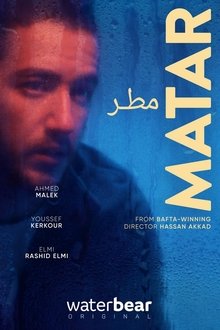
Matar (2023)
The story of an asylum seeker in England who, when confronted with the hostile immigration system in the UK, is forced to live on the fringes of society and rely on his bike to survive. Based on the lived experience of co-writer Ayman Alhussein.
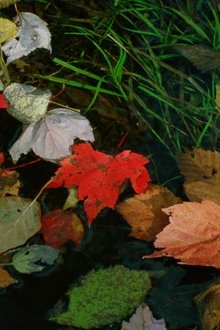
The Long Rainbow (2024)
"The acid soil of New England, its wide stretches of hardwoods, its numerous sugar maples, its rolling or mountainous character, the sunshine of its autumn weather, all these contribute to the glory of this annual display. The birches of Maine the aspens of the White Mountains, the sugar Maples of Vermont, the long rainbow of the Connecticut River Valley cutting from top to bottom through New England, the Berkshires - mention these to anyone who has traveled widely through a New England fall and you will evoke instant memories of superlative beauty." -Edwin Way Teale, Autumn across America, 1956

December (2025)
Amid December’s festive glow, refugees remain hidden in forests along the Poland-Belarus border. This powerful documentary gives voice to their silent cries.
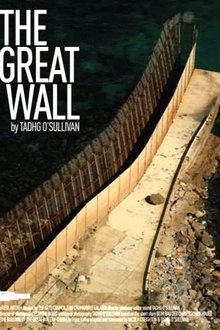
The Great Wall (2015)
‘The Great Wall has been completed at its most southerly point.’ So begins Kafka’s short story ‘At the Building of the Great Wall of China’, and so, at Europe’s heavily militarised south-eastern frontier, begins this film. In the shadow of its own narratives of freedom, Europe has been quietly building its own great wall. Like its famous Chinese precursor, this wall has been piecemeal in construction, diverse in form and dubious in utility. Gradually cohering across the continent, this system of enclosure and exclusion is urged upon a populace seemingly willing to accept its necessity and to contribute to its building.
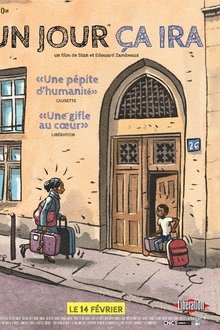
Un jour ça ira (2018)
Djibi and Ange, two teenagers living on the streets, arrive at the Archipel, an emergency shelter in the heart of Paris. This documentary is a look at the Archipel, a shelter offering an innovative way to welcome families living on the streets.
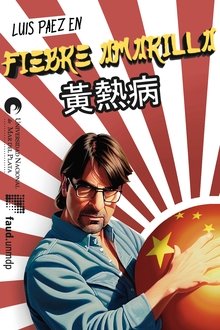
The Yellow Fever (2024)
This short film follows Flavio Caseros, a TV host with xenophobic beliefs who seeks to create a documentary that highlights that the Asian community should be deported from Argentina. However, he encounters other characters who challenge his distorted and hate-filled discourse.
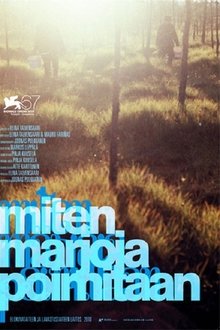
How to Pick Berries (2010)
A finnish short film about immigrant people coming to Finland to pick berries.
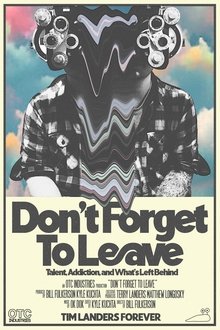
Don't Forget To Leave (2024)
Tim Landers, a prolific songwriter and founding member of the emo/pop-punk band TRANSIT, struggled. He fought battles, often privately, with substance misuse and his own mental health needs. "Don’t Forget To Leave" paints a poignant portrait of Landers, from his early success up until the posthumous release of Weathervane by his band Cold Collective. His story is chronicled through archival footage and interviews with members of A Loss For Words, The Story So Far, Frank Turner, Man Overboard, Transit and Cold Collective, family members and mental health professionals.
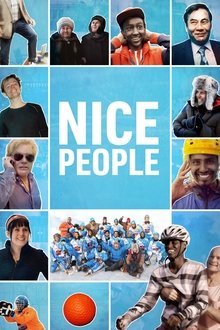
Nice People (2015)
As the first African team ever to do so, Somalia has just signed up for the Bandy World Championships. The young players don't live in Somalia; they live in Borlänge, Sweden, where xenophobia has taken hold.

The Carman Family Deaths (2025)
A young man's dramatic rescue at sea spirals into accusations he murdered two members of his wealthy New England family.
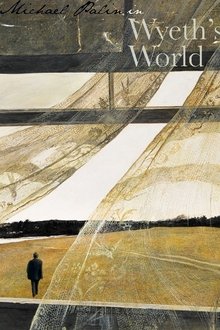
Michael Palin In Wyeth's World (2013)
Michael Palin heads for rural Pennsylvania and Maine to explore the extraordinary life and work of one of America's most popular and controversial painters, Andrew Wyeth. Fascinated by his iconic painting Christina's World, Palin goes in search of the real life stories that inspired this and Wyeth's other depictions of the American landscape and its hard grafting inhabitants. Tracking down the farmers, friends and family featured in Wyeth's magically real work, Palin builds a picture of an eccentric, enigmatic and driven painter. He also gets a rare interview with Helga, the woman who put Wyeth back in the headlines when the press discovered he had been painting her nude, compulsively but secretly for 15 years.

